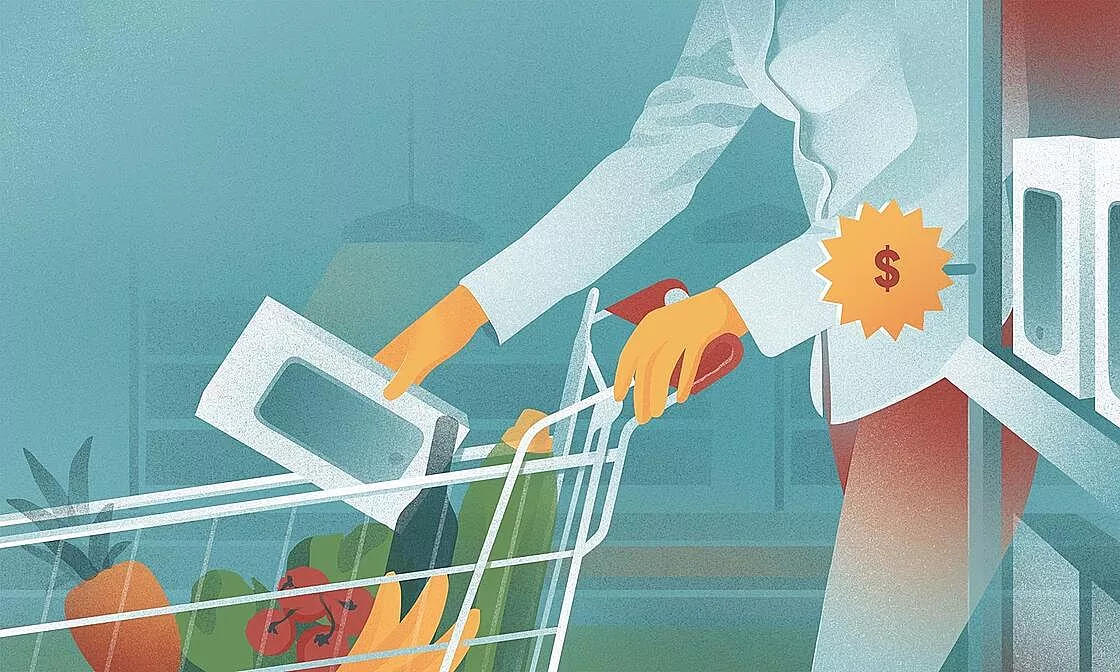Ownership is a burden. A friend has been telling me that for over a decade, but I never took him seriously because he was reading The Economist while the rest of us were eagerly awaiting the last Harry Potter installment.
Ownership is a commitment, anyway. That’s why we own less, rent more, and subscribe to everything from music and video content to vintage whiskeys.
By 2030 the only thing you’ll own will be your underwear
A great thought piece came out on Gizmodo predicting that in less than a decade we won’t own practically anything. We shared a similar opinion a while back writing about how software is changing our relationship towards hardware. Think about it, perhaps you used to own an impressive CD collection, perhaps you still do, but mostly it’s a pain for dusting, while the music you consume daily is located on a server in Northern Virginia.
We don’t need to own cars anymore, nor bikes, housing, appliances, not even clothes or furniture. Everything you need you can rent out or subscribe and have it delivered regularly. To your door or to your device, depending on the type of product.
You can even subscribe to a box of parts and build your own device.
Even Steven Spielberg seems to know where the future of entertainment lies. His production company, Amblin Partners, signed a new deal with Netflix, agreeing to produce at least two movies a year, some of which could be directed by ET’s creator himself. The streaming giant plans to produce 70 movies in 2021, so think about where most of your content will be coming from.
If you don’t find entertainment a serious enough matter, take Apple for example. Was there ever a company better known for its signature hardware? They started their gradual infiltration into services back in 2019 with Apple News+, Apple Card, Apple TV+ and Apple Arcade. In 2021, the word is they are tapping into fintech with their latest Apple Pay Later service. With this “buy now, pay later” feature, the company is offering not only a means of payment, but de facto loans via their partner, the Goldman Sachs Group.
They could have gone with iLoan.











